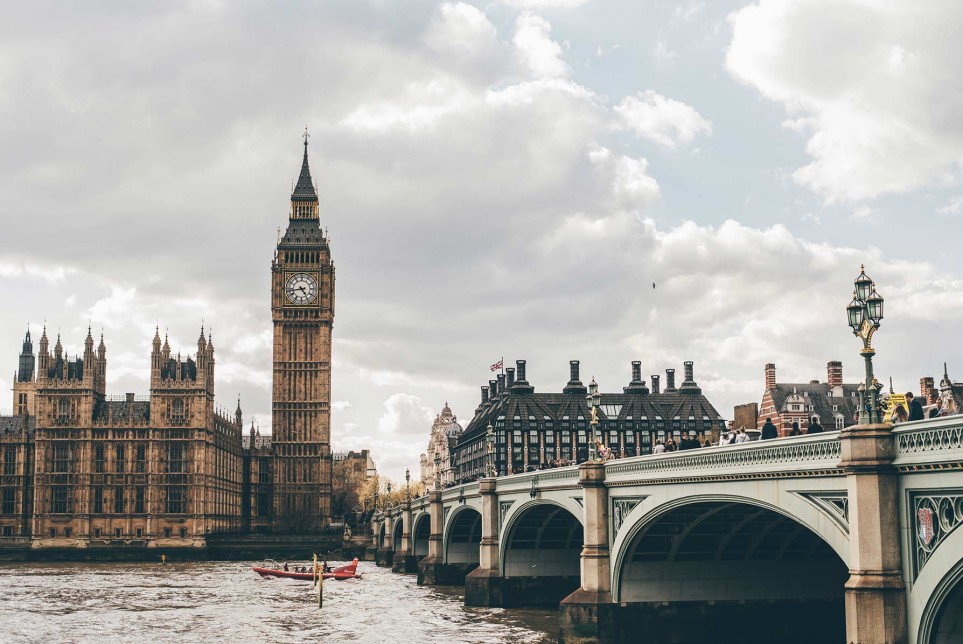From short-term temporary measures in response to the recent COVID-19 outbreak, to more long-term economic changes, Chancellor Rishi Sunak’s Budget introduces several significant developments that may affect you and your business. We have highlighted key areas of the Budget that you should be aware of.
Business Rates Relief
The government will increase the Business Rates retail discount to 100%. In practice this means businesses in the retail, leisure and hospitality sectors with a rateable value of less than £51,000 will pay no Business Rates at all. In addition, pubs with a rateable value below £100,000 in England will see a reduction of their Business Rates by £5,000 for one year beginning on 1 April 2020.
Entrepreneurs’ Relief
Entrepreneurs’ Relief, which provides that individuals pay 10% Capital Gains Tax on disposals of qualifying businesses and shares was previously subject to a lifetime limit on the gains of £10 million. The government will be reducing this lifetime limit to £1 million. This will apply to all disposals qualifying for Entrepreneurs’ Relief from 11 March 2020.
Stamp Duty Land Tax
A surcharge of 2% will be introduced on non-UK residents who purchase residential property in England and Northern Ireland from 1 April 2021. The government’s intention is to control inflation and encourage UK residents to purchase properties.
National Insurance Contributions
The National Insurance Contributions threshold will increase from £8,632 to £9,500. This means employees and those self-employed will not start paying their National Insurance Contribution until they earn £9,500 or above. It is estimated that 500 000 people will no longer have to pay this tax, with the average employee saving £104 and the average self-employed person saving £78.
Sick Pay
In response to COVID-19, employees will be entitled to Statutory Sick Pay from the first day of sickness absence or self-isolation. This is ordinarily paid by the employer, however small businesses with fewer than 250 employees will be eligible to claim a refund for Statutory Sick Pay from the government for up to two weeks per employee.
The self-employed are now eligible to claim Employment and Support Allowance from the first day of their illness or self-isolation rather than day eight. These measures are of course temporary and subject to change.
Unsafe cladding on high-rise buildings
In the backdrop of the Grenfell tragedy and to help people feel safer in their homes, the government has committed to spending £1 billion to remove unsafe cladding from high-rise residential buildings which are over 18 metres in height. This applies whether or not the flats within are privately owned.
For more information on this article or to discuss your property matters generally further, please contact Natasha Lawson by email nlawson@jpclaw.co.uk telephone 020 7644 6097 or contact her on LinkedIn, or Alex Porter by email on aporter@jpclaw.co.uk telephone 020 7644 7273 or contact him on LinkedIn.

